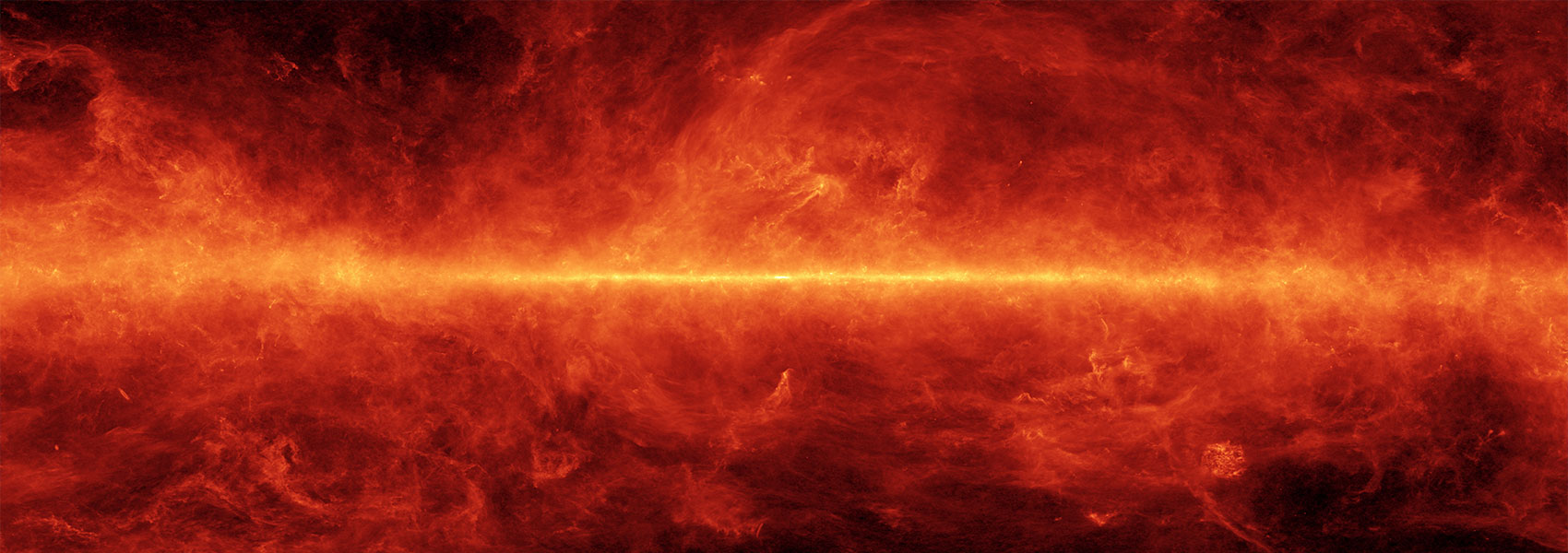The Kepler mission discovered the largest sample of planets today, with thousands of confirmed planets that exhibit a diversity of properties and origins. The mission was the first of its kind, and its large sample enabled unprecedented demographic studies of exoplanets. However, Kepler’s large pixels and ~1 kpc distances to most targets means that many apparently single stars have additional stellar companions. As a result, there are major gaps in our understanding of how stellar binaries--which make up nearly half of stellar systems--influence Kepler’s planet census. In this talk, I will describe my contributions towards a complete survey for binaries among planet hosts from the California-Kepler Survey. In particular, I leverage recent advances in data-driven spectroscopy to search for intermediate-separation binaries that are missed by RV and imaging surveys. I will also discuss a novel wavelet-based treatment for stellar spectra, early results and next steps towards understanding our galaxy’s planet-hosting binary population.



